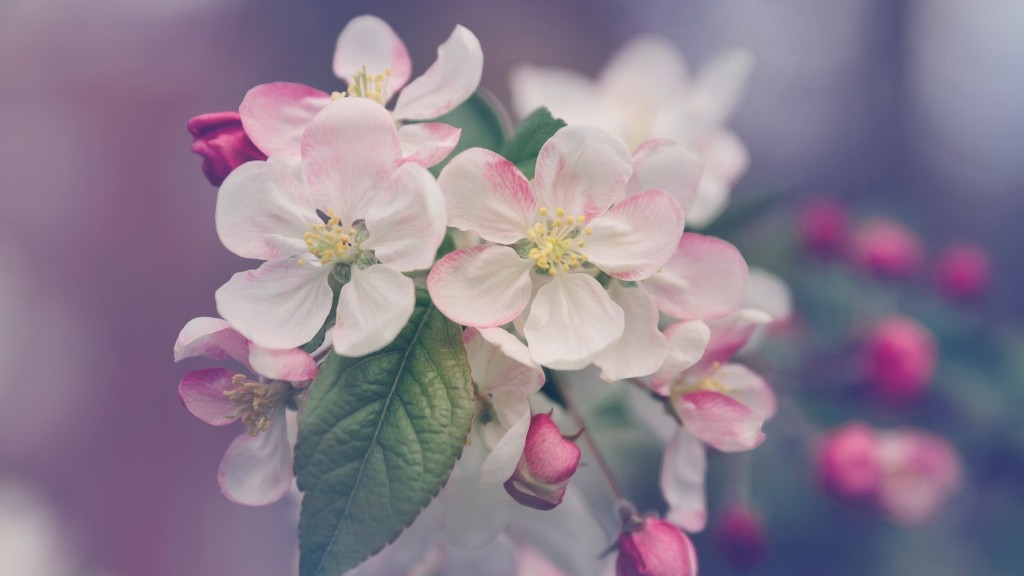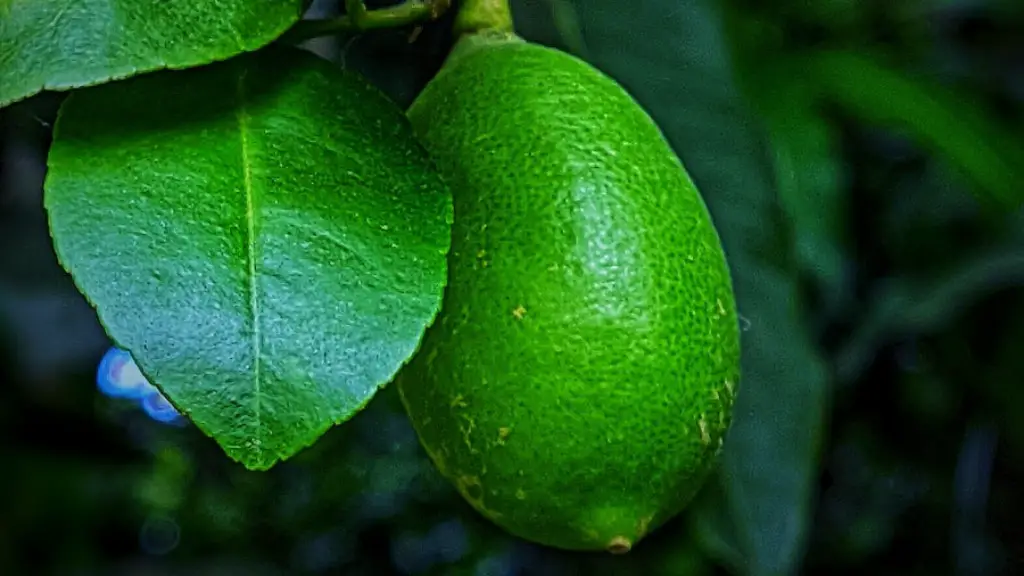What is cloning?
Cloning is the process of producing genetically identical individuals (known as clones) from a single parent. The intention of cloning a cherry tree is to replicate a particularly desirable tree from a single parent. The technology used for cloning a tree is called ‘tissue culture’. The process begins by finding individual cells from the desired parent tree, which are then grown in a nutrient-rich medium. New cherry trees, or clones, are then grown from the individual cells, which are genetically identical to the parent tree.
What types of cherry trees can be cloned?
When cloning a cherry tree, it is important to choose a healthy parent tree with desirable traits, such as high quality fruit. Commonly cloned cherry trees include sour cherries which are used for jams, pies, and other baked goods and sweet cherries which are used for fresh produce. Some cherry varieties, such as the morello cherry, are also cloned for ornamental purposes.
Steps to cloning a cherry tree
Step one of the cloning process is to select a healthy parent tree. The tree should be inspected and treated if necessary. The next step is to take explants, or snippets of tissue, from the parent tree. Explants can either be root or shoot segments, which should be ground up for tissue culture.
The explants are then placed in a sterile environment with a nutrient-rich medium which promotes tissue regeneration. The explants are placed in growth chambers and exposed to light. As the explants grow, they form new roots and shoots which will become the new cherry tree.
Once the explants have grown sufficiently, they are then transplanted into soil and cared for as they continue to grow. These steps are repeated in order to produce a large number of cloned trees from the original.
Benefits of cloning cherry trees
Cloning cherry trees comes with many benefits for gardeners and farmers. It is a cost-effective and efficient way to propagate desired traits, such as disease resistance and high yields. Cloning also helps to ensure consistency of traits, and reduces the amount of time needed to grow a new cherry tree from seed.
Cloning is also beneficial for commercial farmers, as it allows them to cut down on costs by producing large numbers of identical trees in a shorter amount of time. Cloned trees are also more likely to produce fruit earlier, which helps to increase yields and profits.
Drawbacks of cloning cherry trees
Cloning cherry trees also poses some risks. Clones can be more susceptible to diseases, and can be less productive due to a lack of diversity. Cloning can also reduce the genetic pool, making trees more susceptible to disease, pests, and other environmental stressors. Additionally, cloning can reduce the chances of discovering new varieties, as it produces clones of the same tree.
Cloning as an industry
The cloning industry is rapidly expanding as more people become aware of the benefits of cloning. Companies such as Plant Tissue Systems specialize in cloning technology, offering a variety of products and services from nursery stock to custom tissue culture services. Others such as Garden City Genetics focus on the science of cloning, researching and developing new technologies to improve the cloning process.
With the increasing popularity of cloning, there is a growing need for trained professionals to operate cloning facilities and to monitor sterile environments. In addition, biotechnologists are needed to investigate the cloning process and develop new methods to optimize cloning efficiency.
Potential applications of cloning
Cloning technology has the potential to be applied to a wide range of fields and industries. Cloning can be used to produce genetically identical animals and plants, which can then be used in medical research and the production of medicines. Cloning can also be used to increase crop yields, reduce the impact of diseases and pests, and increase the shelf-life of food products.
In addition, cloning can also be applied to horticulture to produce superior strains of plants with improved traits. This can be used to produce more vibrant flowers, more delicious fruits, and higher yielding crops.
Conclusion of cloning a cherry tree
Cloning a cherry tree is a complex process which requires careful selection of a parent tree and specialized equipment. By cloning a cherry tree, gardeners and farmers can produce larger amounts of genetically identical trees, which can then be used for food production or ornamental purposes.
Cloning technology has been well established in the scientific community and is rapidly gaining popularity in other industries as well. While cloning does come with some risks, the potential applications are numerous and may be beneficial for a wide variety of industries.

